Click here and press the right key for the next slide.
(This may not work on mobile or ipad. You can try using chrome or firefox, but even that may fail. Sorry.)
also ...
Press the left key to go backwards (or swipe right)
Press n to toggle whether notes are shown (or add '?notes' to the url before the #)
Press m or double tap to slide thumbnails (menu)
Press ? at any time to show the keyboard shortcuts
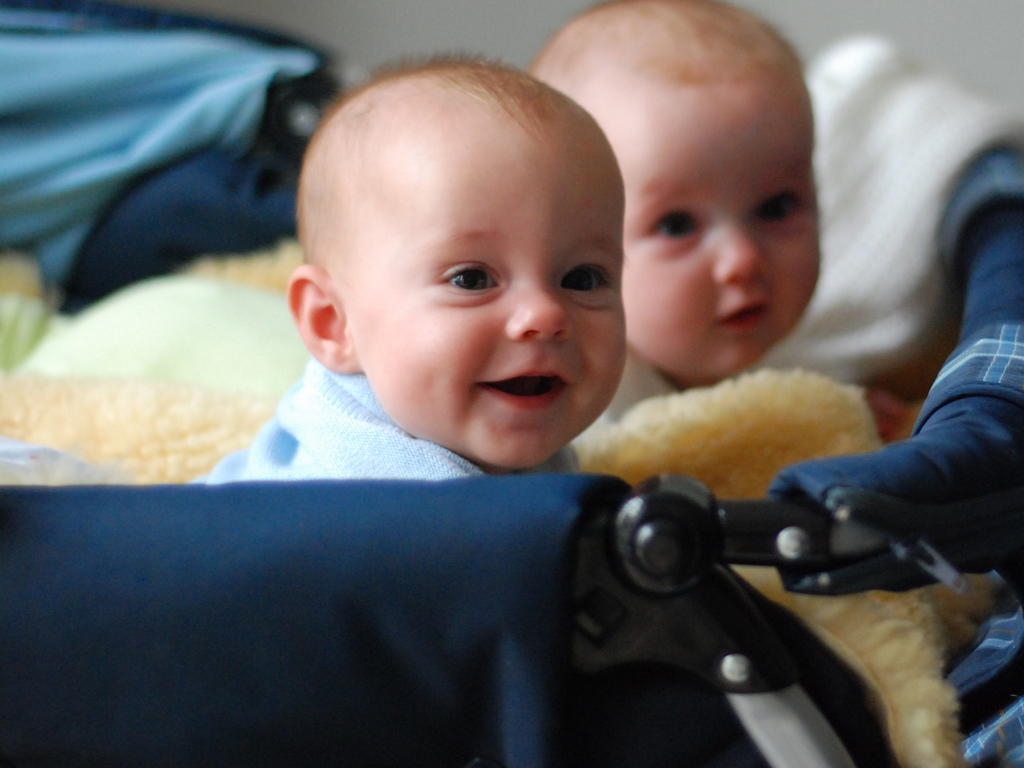
The Minor Puzzle about Habitual Processes
What evidence supports the dual-process theory of instrumental action?
[trick question] Which of these are when are these habitual actions:
winding up your watch;
doing your teeth;
smoking tobacco;
watching TV;
cycling the same route home every day;
taking out your key on getting home;
undressing for bed?

Is this lever pressing primarily a consequence of habitual processes?
habitual process
Stimulus is the layout of this room.
Rat (=Agent) is rewarded with food
Room-LeverPress (=Stimulus-Action) Link is strengthened due to reward
Thf LeverPress (=Action) will occur in this room (=Stimulus).
‘goal-directed’ process
Lever pressing (=Action) leads to food (=Outcome).
Thf LeverPress-Food (=Action-Outcome) Link is strong.
Rat (=Agent) has strong positive Preference for food.
Thf LeverPress (=Action) will occur.
Problem: different hypotheses, same prediction
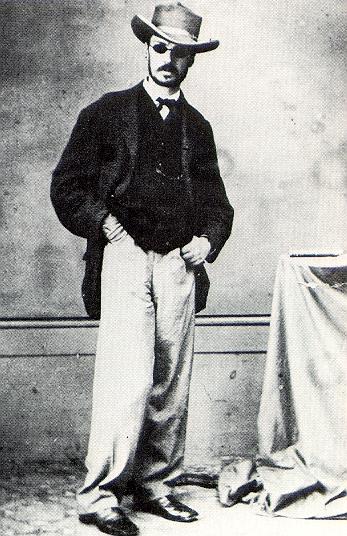
Why is taking out your latchkey out on arriving at the door-step of a friend likely to be an action dominated by habitual processes?
Can we use the same principle here?
What if we devalue the food in extinction?
habitual process
Stimulus is the layout of this room.
Rat (=Agent) is rewarded with food
Room-LeverPress (=Stimulus-Action) Link is strengthened due to reward
Thf LeverPress (=Action) will occur in this room (=Stimulus).
‘goal-directed’ process
Lever pressing (=Action) leads to food (=Outcome).
Thf LeverPress-Food (=Action-Outcome) Link is strong.
Rat (=Agent) has strong positive Preference for food.
Thf LeverPress (=Action) will occur.
What if we devalue the food in extinction?
‘Goal-directed’ process : it will reduce lever pressing (to none)
Habitual process : it will have no effect on lever pressing
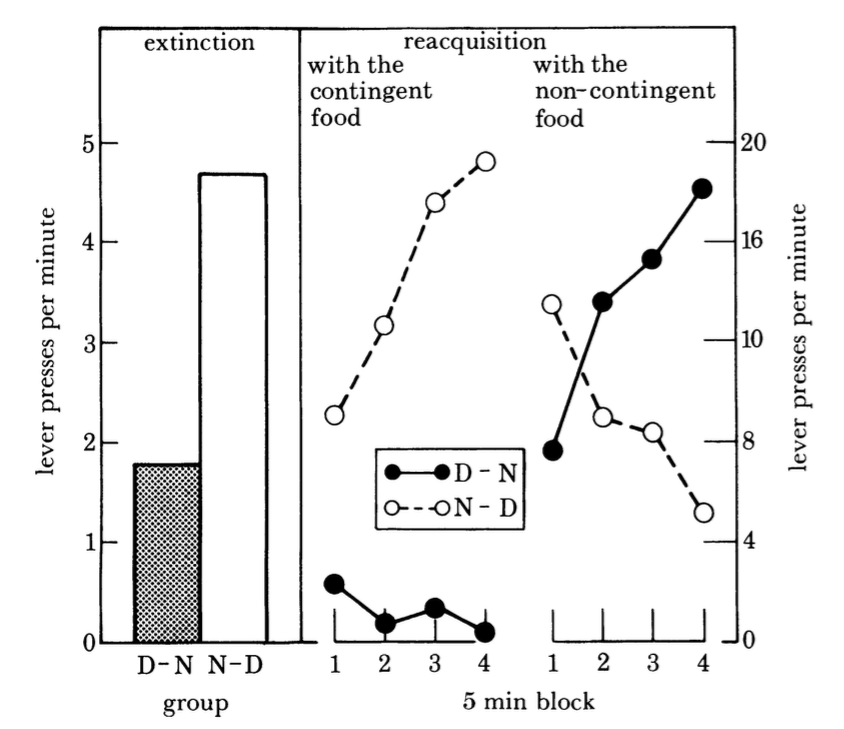
Dickinson, 1985 figure 3
What if we devalue the food in extinction?
‘Goal-directed’ process : it will reduce lever pressing (to none)
Habitual process : it will have no effect on lever pressing
‘the laboratory rat fits the teleological [goal-directed] model; performance of this particular instrumental behaviour really does seem to be controlled by knowledge about the relation between the action and the goal’
(Dickinson, 1985, p. 72)
so far ...
1. habitual ≠ habitual
2. We can test whether an action is dominated by habitual or goal-directed processes using devaluation in extinction.
What if we devalue the food in extinction?
‘Goal-directed’ process : it will reduce lever pressing (to none)
Habitual process : it will have no effect on lever pressing
‘the laboratory rat fits the teleological [goal-directed] model; performance of this particular instrumental behaviour really does seem to be controlled byknowledge about the relation between the action and the goal’
(Dickinson, 1985, p. 72)

Dickinson, 1985 figure 3
puzzle
If the action is habitual,
why is it influenced by devaulation at all?
If the action is not habitual but controlled by goal-directed processes, why does it still occur after devaluation?
What if we devalue the food in extinction?
‘Goal-directed’ process : it will reduce lever pressing (to none)
Habitual process : it will have no effect on lever pressing
‘the laboratory rat fits the teleological [goal-directed] model; performance of this particular instrumental behaviour really does seem to be controlled byknowledge about the relation between the action and the goal’
Dickinson, 1985 p. 72
‘we did not conclude that all such responding was of this form.
Indeed, we observed some residual responding during the post-re-valuation test that appeared to be impervious to outcome devaluation and therefore autonomous of the current incentive value,
and we speculated that this responding was habitual’
Dickinson, 2016 p. 179
Dual-Process Theory of Action
some instrumental actions are ‘controlled by two dissociable processes: a goal-directed and an habitual process’
Dickinson, 2016 p. 179








Is this lever pressing primarily a consequence of habitual processes?
Probably not most of the time (but some of the time).
[trick question] Which of these are when are these habitual actions:
winding up your watch;
doing your teeth;
smoking tobacco;
watching TV;
cycling the same route home every day;
taking out your key on getting home;
undressing for bed?
so far ...
1. habitual ≠ habitual
2. We can test whether an action is dominated by habitual or goal-directed processes using devaluation in extinction.
3. The dual-process theory of instrumental action (habitual and goal-directed processes both influence an instrumental action)
questions on complications
hespercheung [q1]
Is a reflex action caused by a goal-directed process or a habitual process?
PRELIMINARY
Are reflexes instrumental?
‘Reflexes keep us alive. In newborn infants, for example, reflexes are essential for feeding ...
(Domjan, 2010, p. 31)
hespercheung [q1]
Is a reflex action caused by a goal-directed process or a habitual process?
Take the flinch reflex as an example. On one hand, even a new born baby will blink her eyes when someone throws a fake punch at her face, so it does not seem to be habitual. But if it is goal-directed, it seems difficult to identify the belief and desire behind the blinking as well.
So, is it possible for an action to be caused by a habitual process without being performed before? If yes, is a reflex action an instance of such?
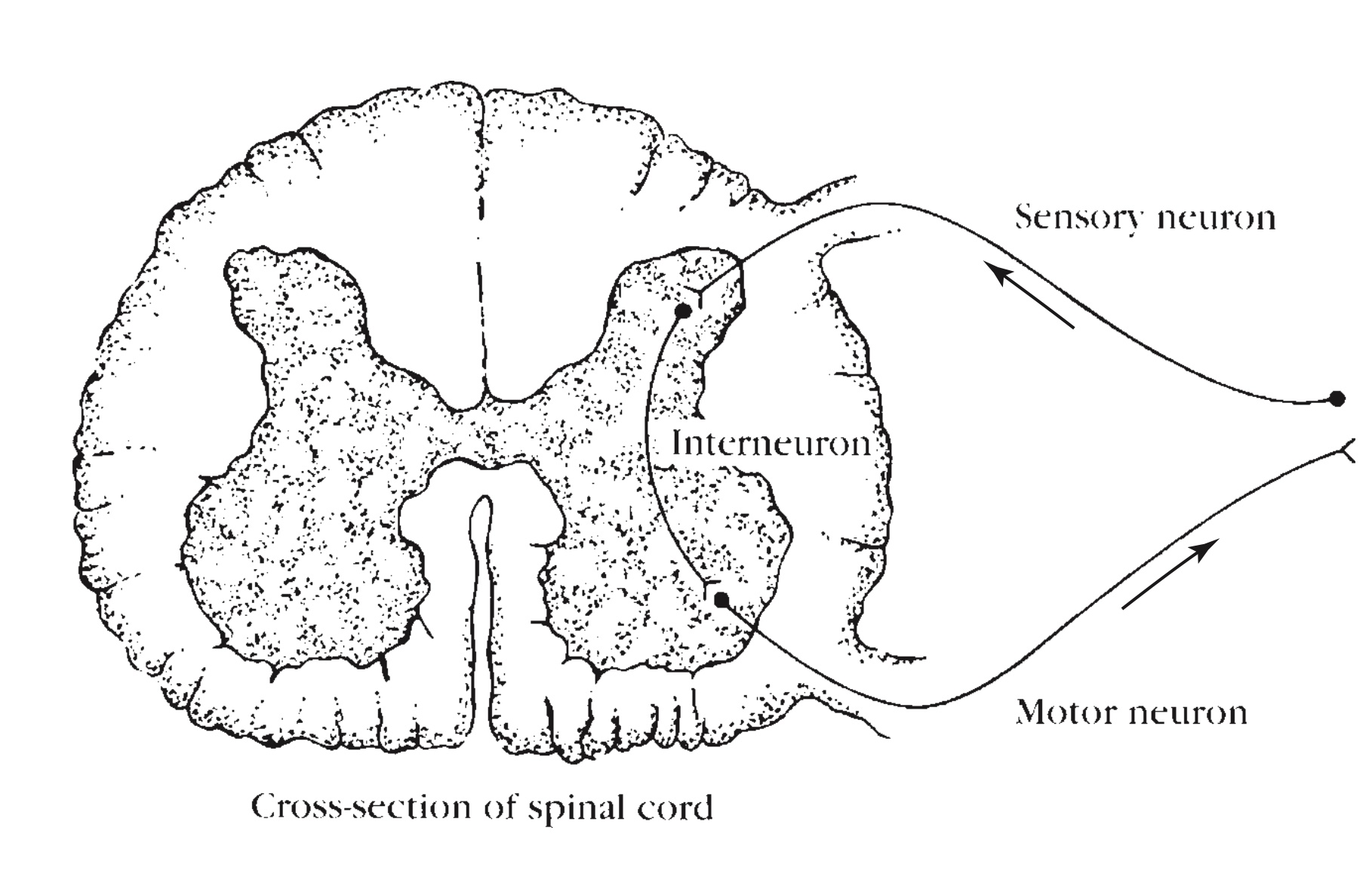
Domjan (2010, p. figure 2.1)
neither habitual nor goal-directed

hespercheung [q1]
Is a reflex action caused by a goal-directed process or a habitual process?
Take the flinch reflex as an example. On one hand, even a new born baby will blink her eyes when someone throws a fake punch at her face, so it does not seem to be habitual. But if it is goal-directed, it seems difficult to identify the belief and desire behind the blinking as well.
So, is it possible for an action to be caused by a habitual process without being performed before? If yes, is a reflex action an instance of such?
hespercheung [q2]
If a person intends to act according to his habit, will his action be caused by a goal-directed or habitual process?
For example, suppose a basketball player desires to score as much as possible, and it is his belief that to score more in this particular game he has to drive in instead of shooting from the outside because his opponents are short. The belief and desire together constitute his intention to drive in to score in the game. With such intention, whenever he can either shoot or drive, all that he is thinking is to go towards the basket, and hence he drives. But when he is driving in, every bit of detail of his bodily movement is habitual, which means that he is not thinking about any of them in particular, thanks to his years of training experiences.[...]
In this case, is the action, which is his drive, caused by a goal-directed or a habitual process, or can it be both?
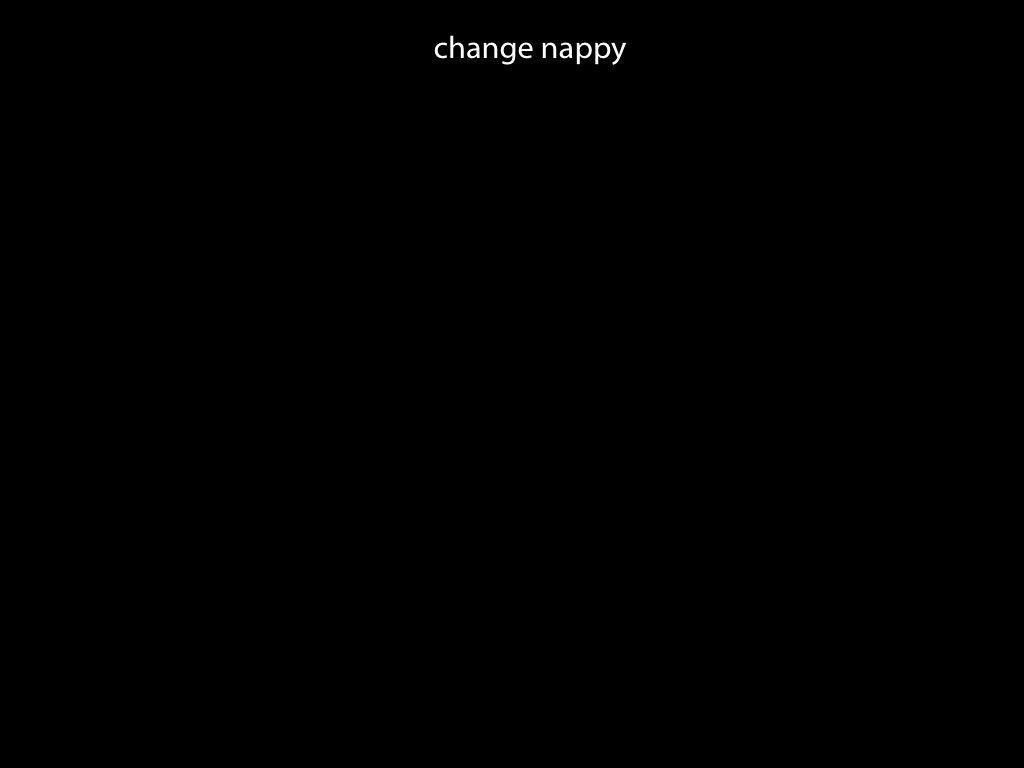
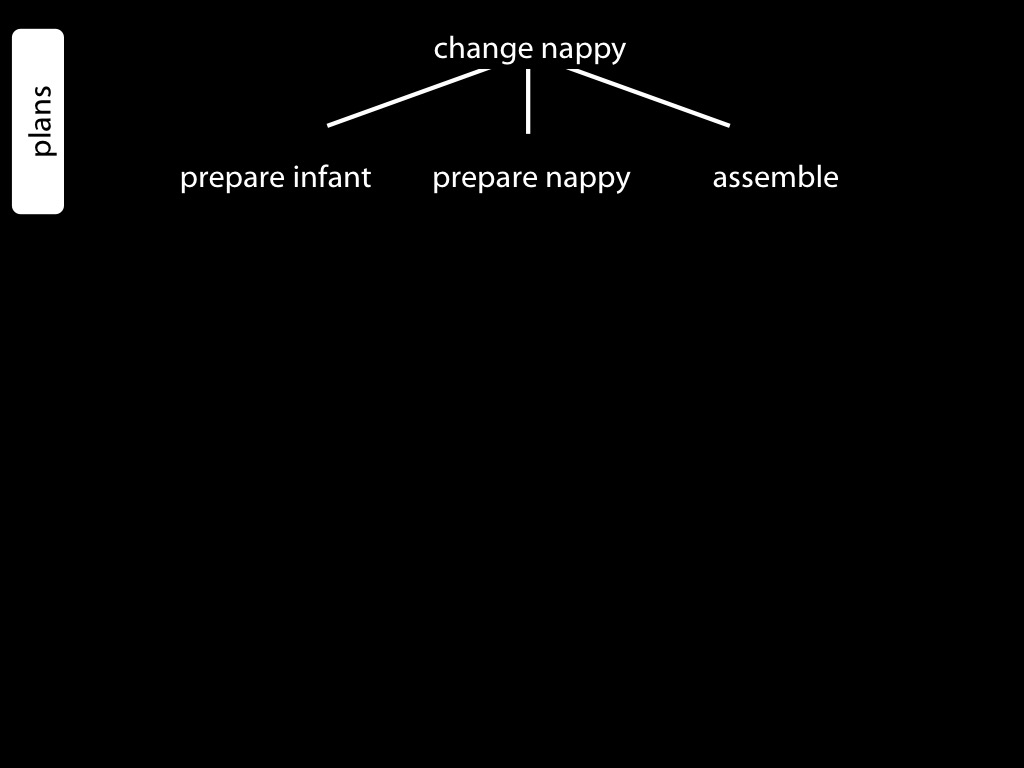
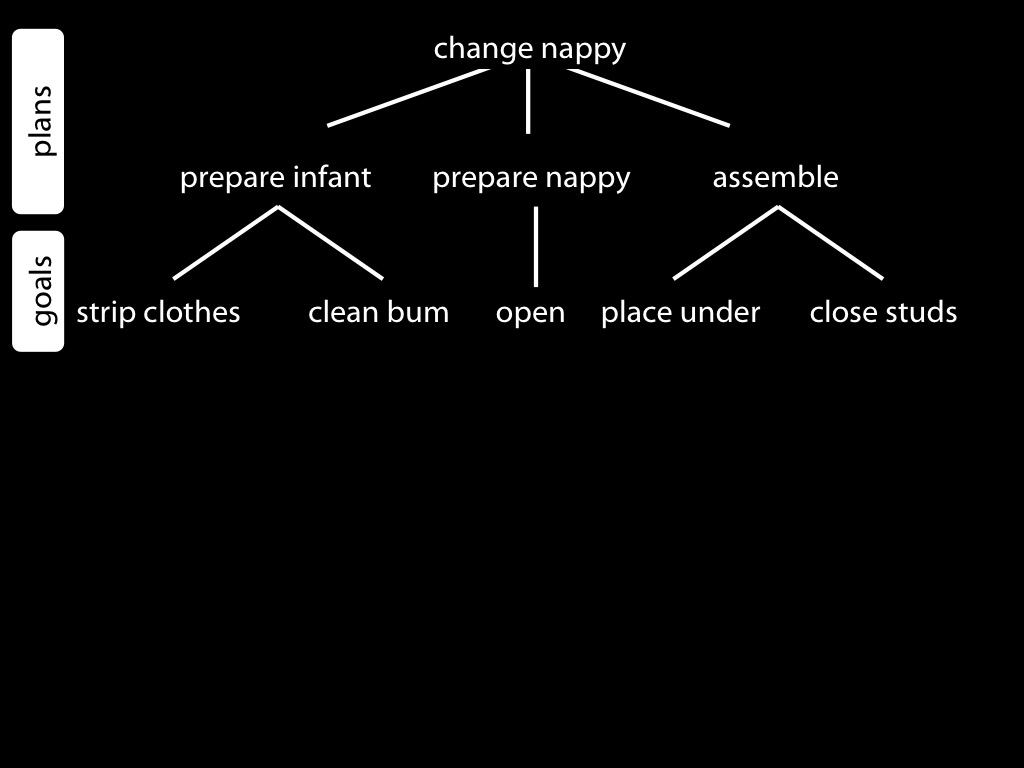
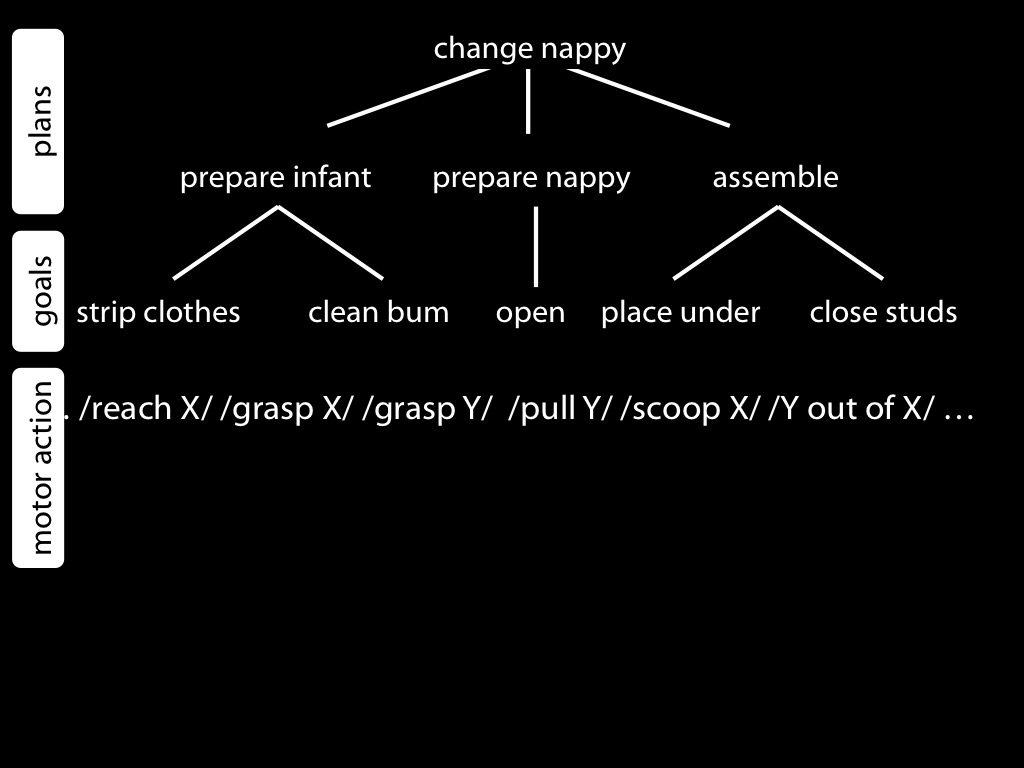
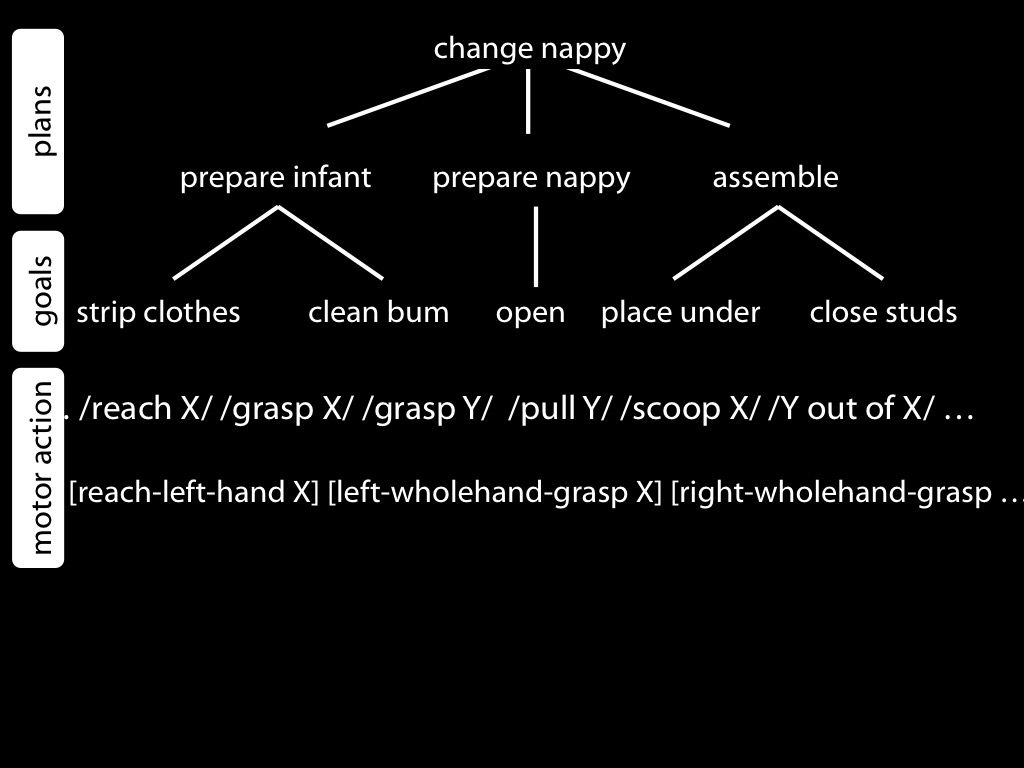
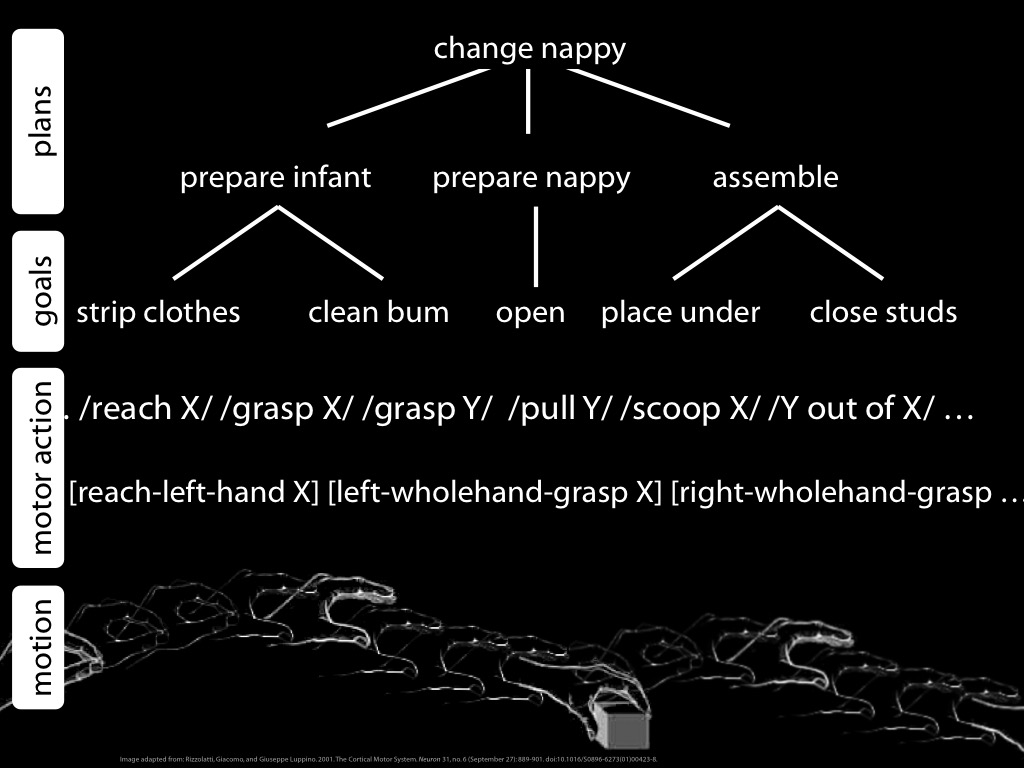
hespercheung [q2]
If a person intends to act according to his habit, will his action be caused by a goal-directed or habitual process?
For example, suppose a basketball player desires to score as much as possible, and it is his belief that to score more in this particular game he has to drive in instead of shooting from the outside because his opponents are short. The belief and desire together constitute his intention to drive in to score in the game. With such intention, whenever he can either shoot or drive, all that he is thinking is to go towards the basket, and hence he drives. But when he is driving in, every bit of detail of his bodily movement is habitual, which means that he is not thinking about any of them in particular, thanks to his years of training experiences.[...]
In this case, is the action, which is his drive, caused by a goal-directed or a habitual process, or can it be both?
Further complications:
1. intentionally acquired habits (coming later)
2. role of habitual processes in reasoning (Keramati, Smittenaar, Dolan, & Dayan, 2016)

significance
quick first pass
When you act,
there are reasons why you act;
you know the reasons;
you act because you know the reasons; and
the reasons justify your action. make your action intelligible.
possible responses
1. insist that there is knowledge of reasons even when habitual processes dominate actions
2. argue that what habitual processes dominate are not actions
3. zahidnasser’s idea (there is always an intention) ...
Causal Theory of Action: an event is action ‘just in case it has a certain sort of psychological cause’ (Bach, 1978, p. 361).
vs
Psychological causes of action are is a matter for discovery.
What distinguishes your actions from things that merely happen to you? (‘The Problem of Action’)
Standard Solution: actions are those events which stand in an appropriate causal relation to an intention.
‘deviant causal chains’ (Davidson, 1980, pp. 78--9)
Minimally, the action should not manifestly run counter to the intention;and neither should whether the action occurs be independent of what the agent intends.
Objection: some instrumental actions manifestly run counter to the agents’ intentions.
How do we know? From persistence following devaluation!
Anscombian View
‘What distinguishes actions which are intentional from those which are not? [...]
they are the actions to which a certain sense of the question ‘Why?’ is given application; [...]
the answer, if positive, gives a reason for acting.’
‘I was not aware I was doing that’ is a rejection of the question ‘Why?’ whose sense we are trying to get at; [...]
further ‘I knew I was doing that, but only because I observed it’ would also be a rejection of it.’
Anscombe (1957, pp. 9, 14)
so far ...
1. habitual ≠ habitual
2. We can test whether an action is dominated by habitual or goal-directed processes using devaluation in extinction.
3. The dual-process theory of instrumental action (habitual and goal-directed processes both influence an instrumental action)
4. This might be useful in generating objections to philosophical views
What I learned about why you are here
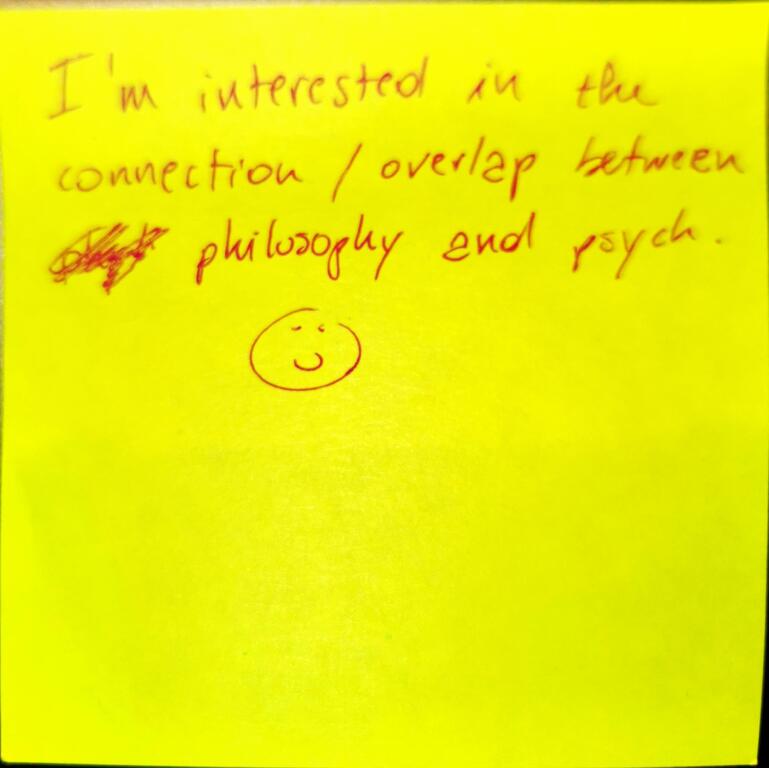
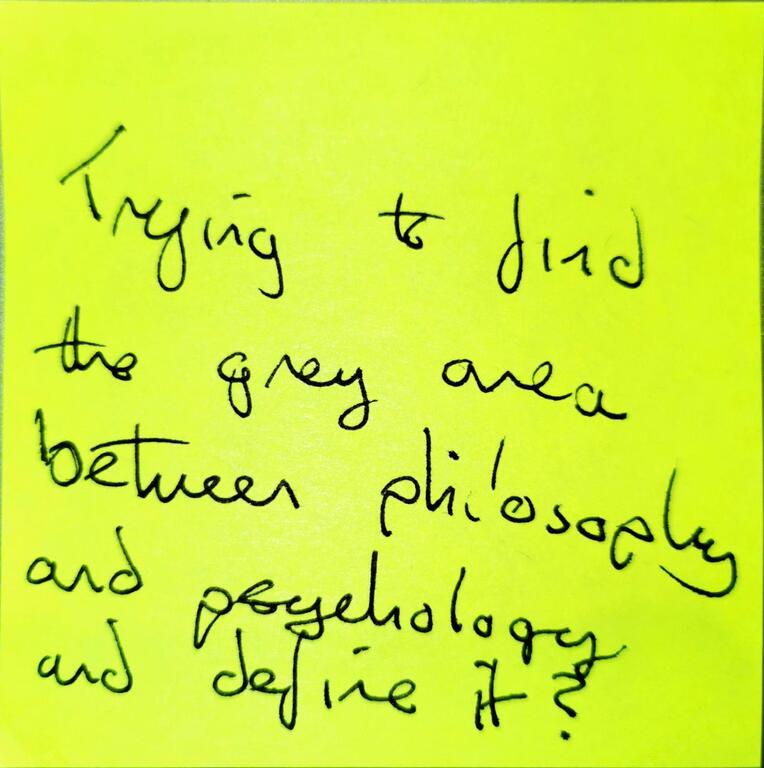
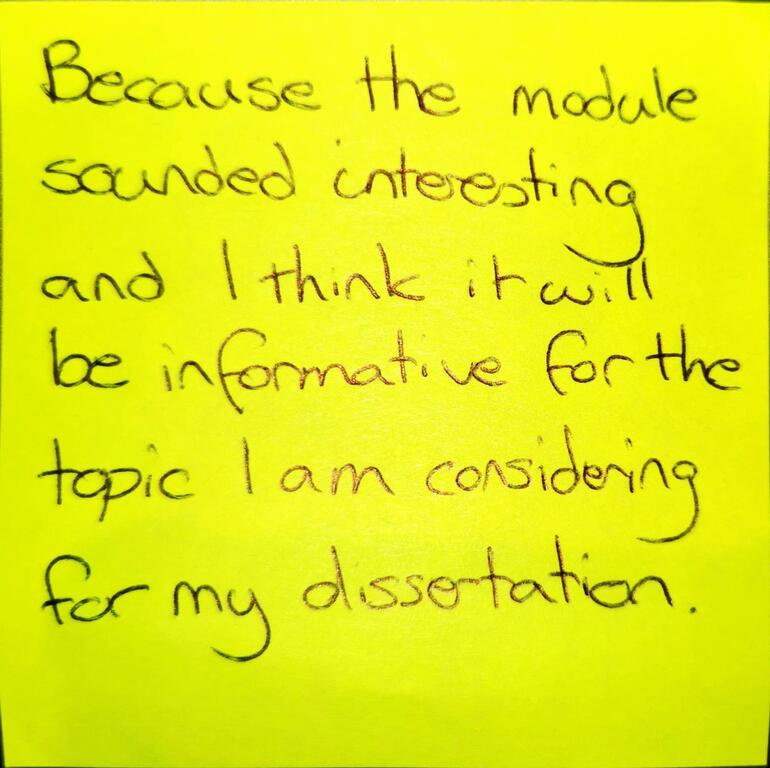
Are we doing questions this year?